It’s a shadowy transaction driven by more than just desperation.
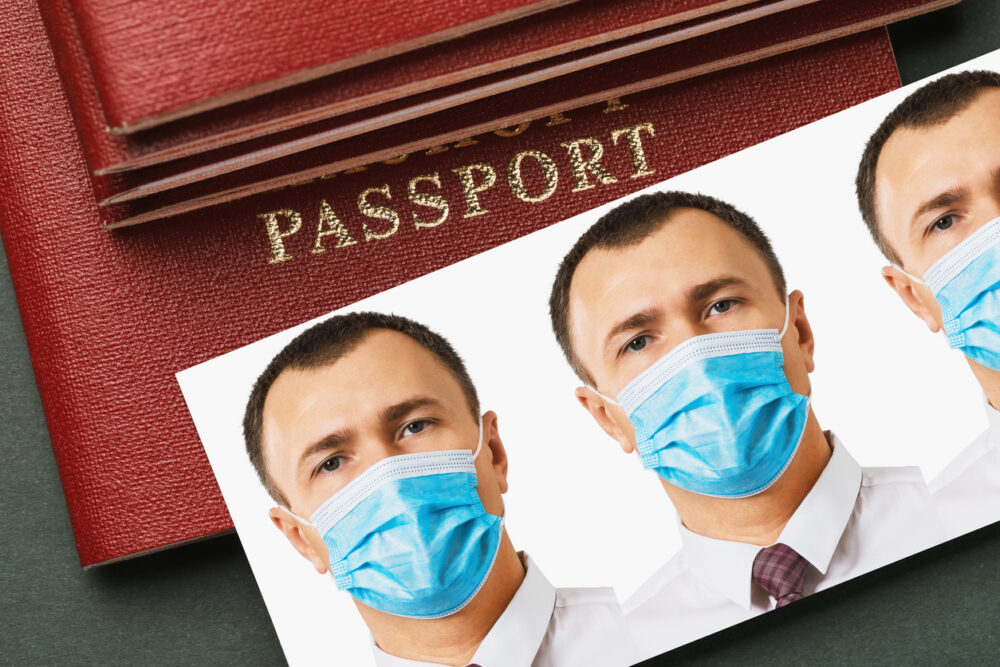
The global black market for false documents is often associated with spies and fugitives, but a surprising amount of its demand comes from an entirely different source: ordinary tourists. The reasons are complex, ranging from youthful naivety to calculated attempts to bypass rules. This hidden economy thrives in tourist hotspots where desperation and opportunity intersect.
Understanding why a traveler might make such a risky choice reveals a lot about the pressures and temptations of modern travel. It’s a side of tourism that agencies don’t advertise, where a lost passport or a simple desire to bend the rules can lead someone down a very dangerous path.
1. They need a quick fix for a lost or stolen passport.
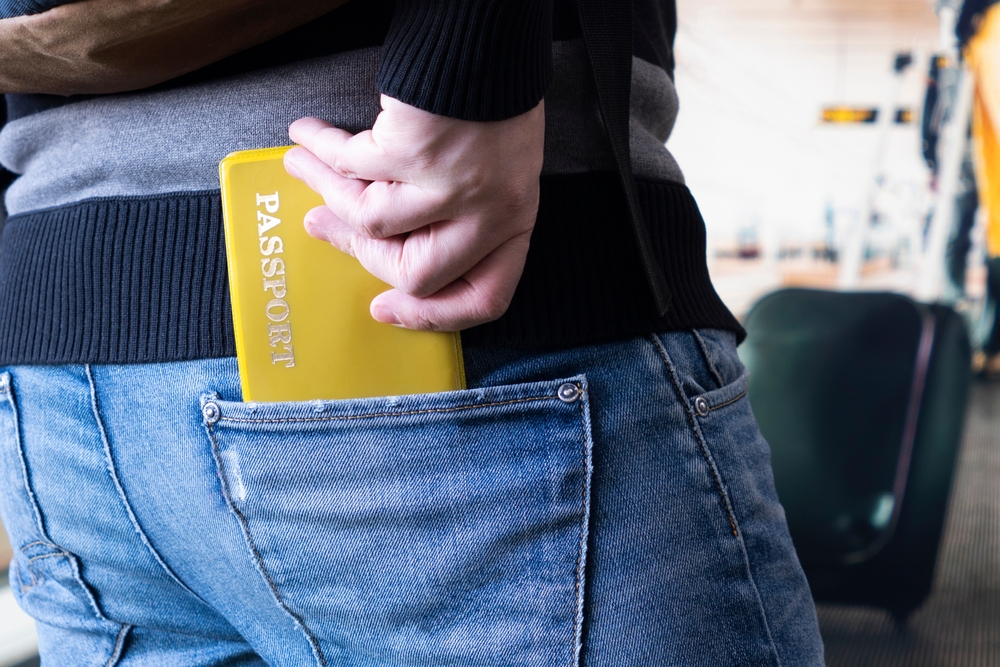
Panic is a powerful motivator. A tourist in a foreign country who loses their passport faces a bureaucratic nightmare of embassy visits, police reports, and canceled plans. The official replacement process can take days or even weeks, completely derailing a meticulously planned vacation or causing them to miss an important flight home. For someone on a tight schedule or with limited local resources, the delay is simply not an option, as mentioned at Fortune.
In this moment of desperation, the black market offers a tempting, albeit illegal, shortcut. A forger can produce a passable document in a fraction of the time it takes an embassy. The tourist isn’t necessarily a criminal mastermind; they’re just a frantic traveler making a high-stakes decision under immense pressure, choosing speed and convenience over legality to salvage their trip.
2. Younger travelers want to bypass age restrictions.

For countless underage tourists, especially students on holiday, the allure of nightlife is a major draw. Many countries have different legal drinking ages, and a young traveler might find themselves barred from the very clubs and bars they came to experience. This creates a huge market for fake identification, which often takes the form of counterfeit driver’s licenses or even lower-quality fake passports.
This demand is so common in party destinations that it supports a cottage industry of forgers who specifically cater to this clientele. These tourists often view it as a harmless way to get a drink, failing to see that they are directly funding sophisticated criminal networks, according to Nomad Capitalist. They are naive consumers participating in a system with very serious consequences far beyond getting into a nightclub.
3. A fake document can overcome difficult visa requirements.
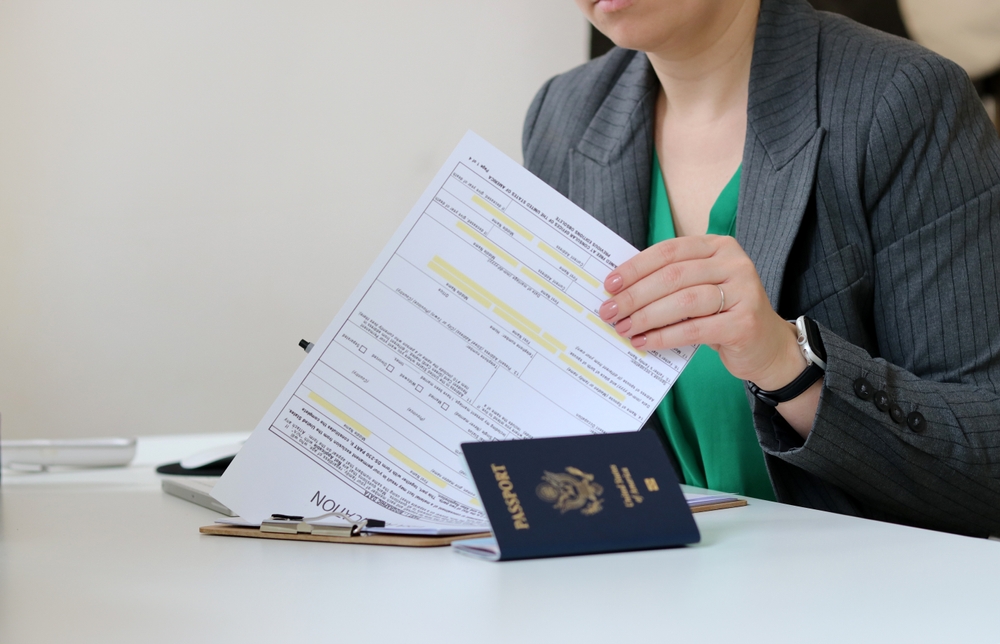
Navigating international visa laws can be a frustrating and lengthy process. For tourists whose nationalities require extensive paperwork or face high rejection rates for entry into a certain country, the temptation to bypass the system altogether is strong. A traveler might be denied a visa for legitimate reasons but still be determined to make the trip for personal or professional purposes masked as tourism.
Acquiring a counterfeit passport from a country with better travel privileges, such as one in the EU or a nation with a visa-waiver agreement, becomes a path of least resistance, as shared in Immigrant Invest. This allows the holder to present themselves as a citizen of another country, skipping the visa queue and scrutiny. It is a calculated act to deceive immigration officials at the border.
4. Some tourists want to illegally extend their stay.
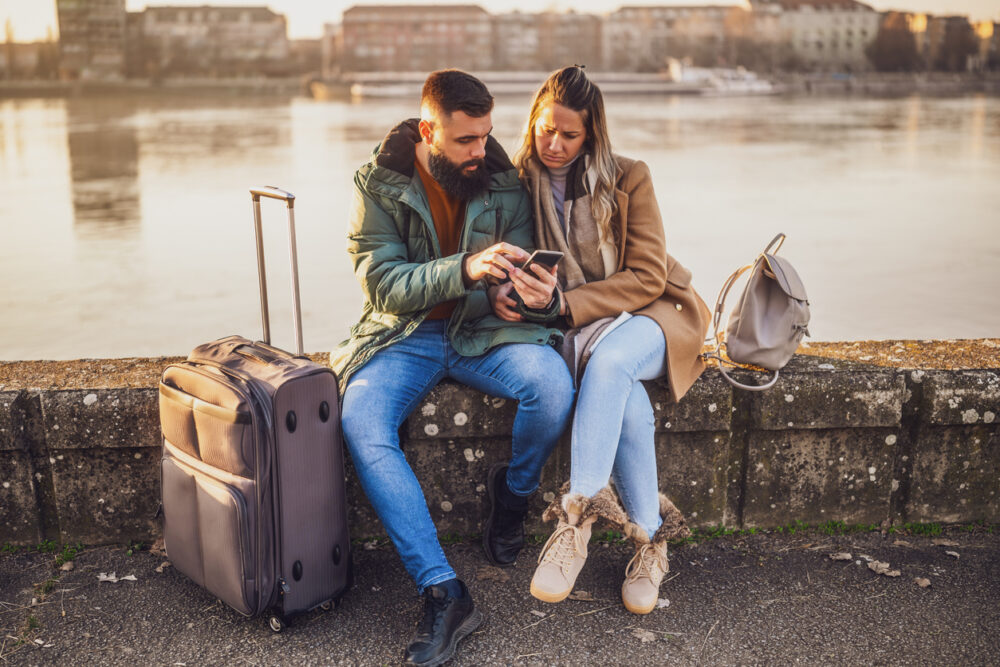
The expiration date on a tourist visa can feel like an unwelcome deadline. A traveler might fall in love with a place, find a temporary job, or simply not be ready to go home. Instead of applying for a legal extension, which may not be granted, some turn to the black market for a solution. This can involve acquiring a fake passport to leave the country under a different identity.
More commonly, they might seek out forgers who can add counterfeit entry and exit stamps to their real passport. This creates a false travel history, making it appear they have complied with visa duration rules. The goal is to avoid fines or being banned from re-entry in the future, turning a vacation into an illegal extended stay through calculated deception.
5. It erases an inconvenient or dangerous travel history.
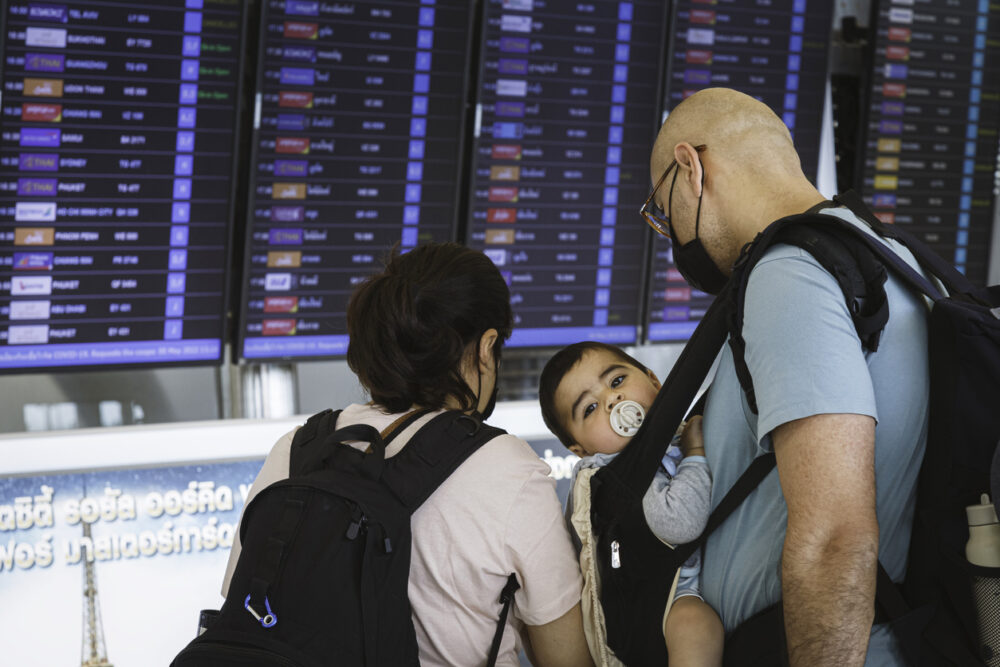
International politics can create tricky situations for travelers. Visiting certain countries can make it difficult or impossible to enter others. For example, evidence of travel to Israel can bar a tourist from entering several Arab nations, and vice versa. For a world traveler, this presents a significant logistical problem that can derail their plans and limit their freedom of movement.
A “clean” passport, one with no stamps from contentious countries, offers a simple solution. Tourists will sometimes acquire a second, fake passport to use specifically for entry into countries that might scrutinize their travel history. It’s a form of identity manipulation used to navigate complex geopolitical tensions on a personal, tourist level.
6. They want to fraudulently access local discounts.
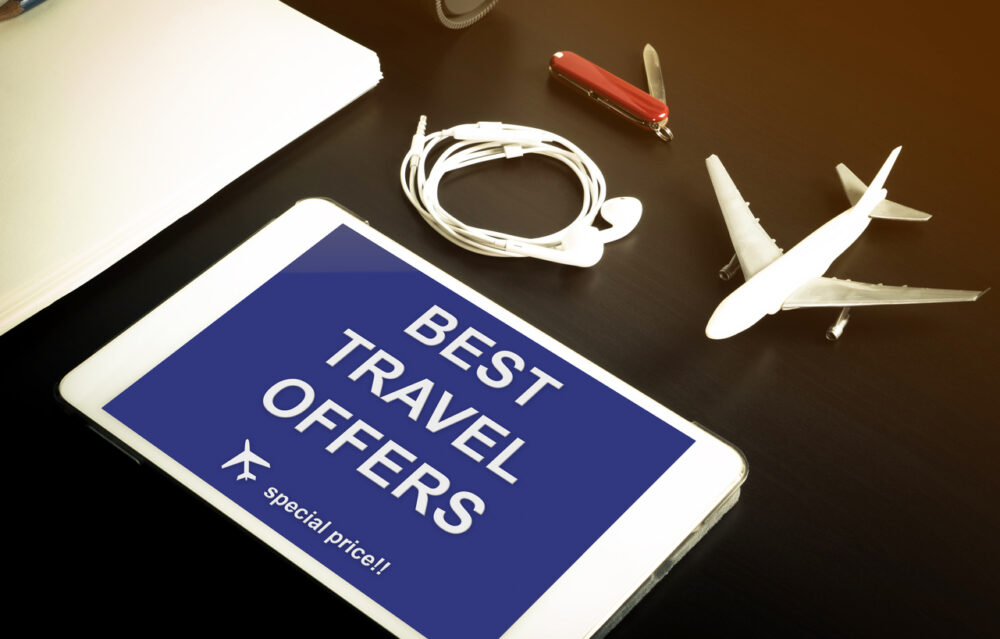
In many parts of the world, tourist-facing economies have a two-tiered pricing system. There’s one price for locals and a significantly higher one for foreigners. This applies to everything from entry fees for historical sites and national parks to train tickets and museum admissions. Over the course of a long trip, these inflated tourist prices can add up substantially, consuming a large part of a traveler’s budget.
A fake document, like a resident permit or a local ID card, allows a tourist to pose as a citizen and take advantage of the much lower prices. While it may seem like a minor offense, it’s still fraud. This demand, driven by budget-conscious travelers, adds another stream of revenue to the criminal organizations that produce these counterfeit documents.
7. It provides anonymity for risky or illegal activities.

Not all tourism is about visiting museums and beaches. A subset of travelers seeks out edgier, often illegal, experiences. This can include attending underground parties, participating in illicit substance use, or engaging in urban exploration of restricted areas. For these individuals, their real identity is a liability, as getting caught could lead to serious legal trouble and diplomatic incidents.
A fake passport or ID provides a perceived layer of anonymity and protection. If confronted by authorities, the tourist might hope to use the false document to obscure their true identity, making it harder to track them down or prosecute them. This turns the document into a tool for thrill-seekers who want to operate in a city’s underbelly with less risk.
8. A fake identity allows them to escape a situation back home.
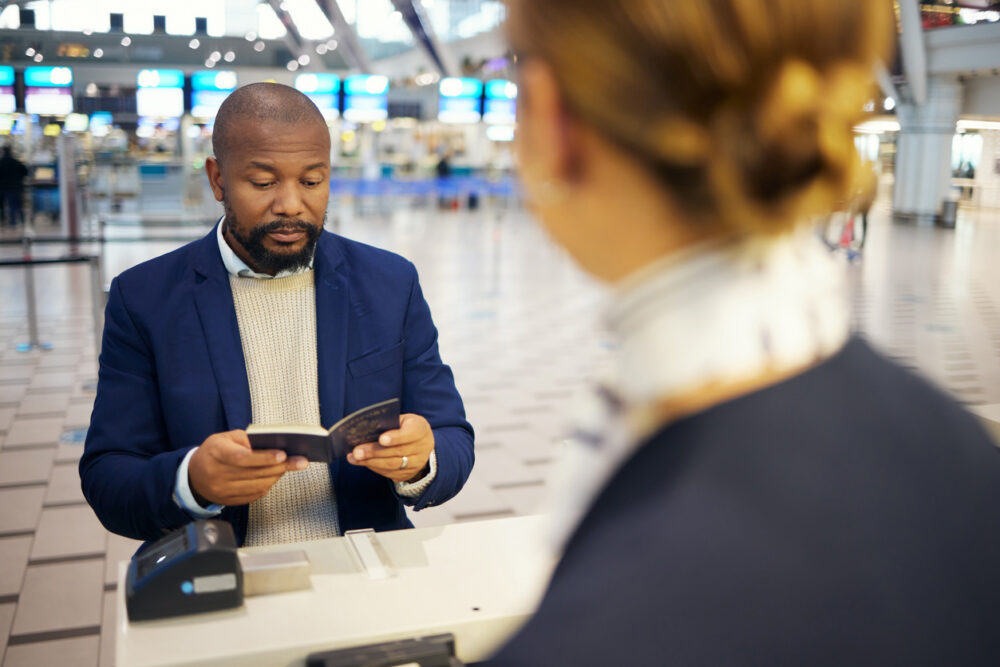
Sometimes a trip isn’t a vacation but an escape. A tourist might be fleeing personal problems like overwhelming debt, a toxic relationship, or legal troubles. While on the move, they want to make it as difficult as possible to be traced. Using their real passport creates a clear paper trail for authorities or anyone else who might be looking for them.
By acquiring and traveling on a fake passport, an individual can effectively vanish, at least temporarily. They can check into hotels, cross borders, and move about with a new name and nationality, creating a false trail that leads nowhere. This shadowy form of tourism is less about seeing the world and more about disappearing from it.
9. Some travelers see it as a rebellious souvenir.
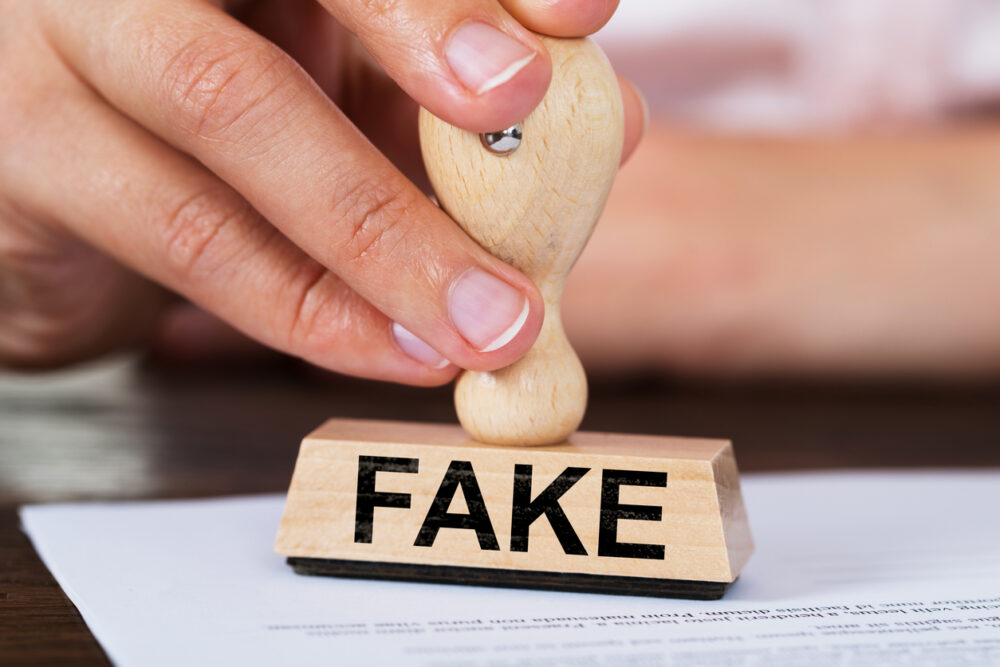
In some tourist enclaves, particularly in parts of Southeast Asia and Eastern Europe, the sale of fake documents is so brazen that it can seem almost normalized. For a young, naive, or reckless traveler, the idea of getting a high-quality fake passport can feel like a novel and edgy challenge, a kind of ultimate souvenir from their wild adventure abroad.
They may have no immediate intention of using it for serious criminal purposes but are drawn in by the thrill of the transaction and the perceived coolness of owning such an item. These tourists are often oblivious to the fact that their purchase directly supports dangerous international crime rings involved in human trafficking, terrorism, and more. Their quest for a story to tell back home makes them complicit in a dark and violent industry.
